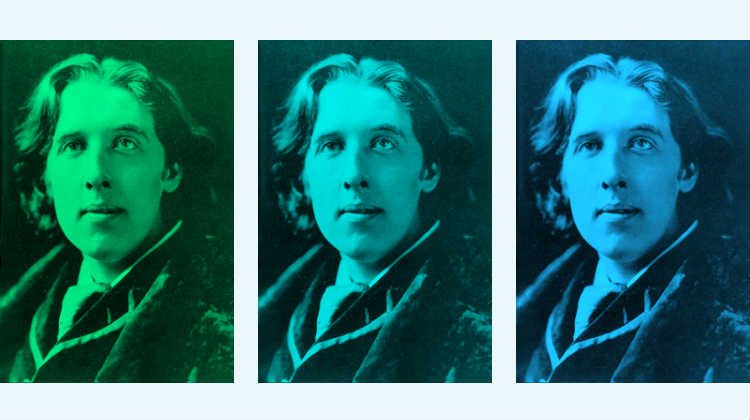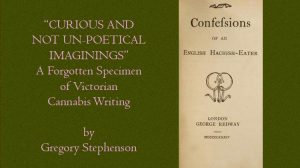
From his cell in Reading Gaol, Wilde recounts the tally of the couple’s lavish, carefree days of freedom. Everything was so expensive: the meals, the gifts, the gambling debts incurred by Bosie and covered by Wilde, (there is no problem recalling prices, as Wilde had had to go over the whole period recently with bankruptcy auditors).
The folly of that whole glorious extravagant career is exhilarating. Wilde claims that he hated the fact that he had to pay for everything, “from (Bosie’s) morning shave to (his) midnight hansom.”
Of course the author had always found Douglas, the writer of what he now called “revolting” letters and telegrams, that gilt and lavender lad, utterly irresistible. Bosie dragged Wilde down to hell while Oscar loved every minute of it, hypnotised by the oncoming wreck of his life.
Despite all his good intentions, when Wilde got out of jail he soon took up with the little shit again. As he wrote to Robert Ross—who was understandably flabbergasted by this backsliding—he loved Bosie precisely because he’d ruined his life. In jail he couldn’t have helped remembering exploits in Tite Street and at Torquay, Goring, Florence, Monte Carlo, etc.
Lord Alfred Douglas comes out of all this as a flimsy, impish figure. But at the same time it’s obvious that he possessed an arrogant charm that continued to devastate Wilde to the end.
Affairs that to outsiders appear like a sickness are not uncommon. They have a romance that is inherent in their very disreputability. If the whole world despises her/him, well, are we not the truer and more discerning if we can see how fascinating he/she is? (Often these creatures show an arrogance that seems, to their victim, to set them off like deities against the background of a tedious, carping world.)
You can’t help chuckling when you read how Wilde tried to get rid of the clinging Bosie. He was good at giving him up—he did it every three months. But you can sense in these prison cell outpourings (with the Warden and others vetting the manuscript) a pathetic triumph in the fact that the darling gilt and lavender lad always hung on like grim death. No matter that Oscar had burned his telegrams and agreed with the boy’s mother that it was best if he and Bosie separate for good.
He’d pointed out to Bosie that, apart from anything else, it was impossible to write while he was around. Bosie seems to have been fairly idle and unable to exist on his own resources for five minutes, though he got some verses into Q’s Oxford Book of English Poetry. He also has to his credit the poem “Two Loves”
which contains the phrase “the Love that dare not speak its name.” Of course, though Oscar couldn’t write when the creature was around, he craved the divine and devilish confusion that the lad always brought with him. Wilde couldn’t have written a line without Lord Douglas—or someone like him—in his life.
Oscar Wilde was a decent and humane man full of generous impulses. It seems as if this bloodsucking Bosie was the ruin of him. But Bosie was also the incarnation of what the playwright wanted. He could always have booted him out once and for all, let him know that the game was over. It would have been settled then—Wilde was too bright not to know that when you stop feeding the sharks they leave you alone. The truth was, despite the whole world, his family, his writing and his new life as one who had “done his time”, he still wanted the raptures the light-headed, selfish pixie could provide.
The letter published as De Profundis was never actually posted. On leaving gaol Wilde gave the MS to Robert Ross. Ross had two typescripts made, one of which he said he gave to Douglas. Douglas denied ever seeing it.
In any case, to anyone who knows anything about Douglas’s character, it’s doubtful if he would have had the patience to read it, much less the objectivity to understand what it was getting at.





Melissa Knox says
I had a different theory about Wilde’s attraction to Bosie–that Bosie revived Wilde’s love for the little sister who died, Isola.